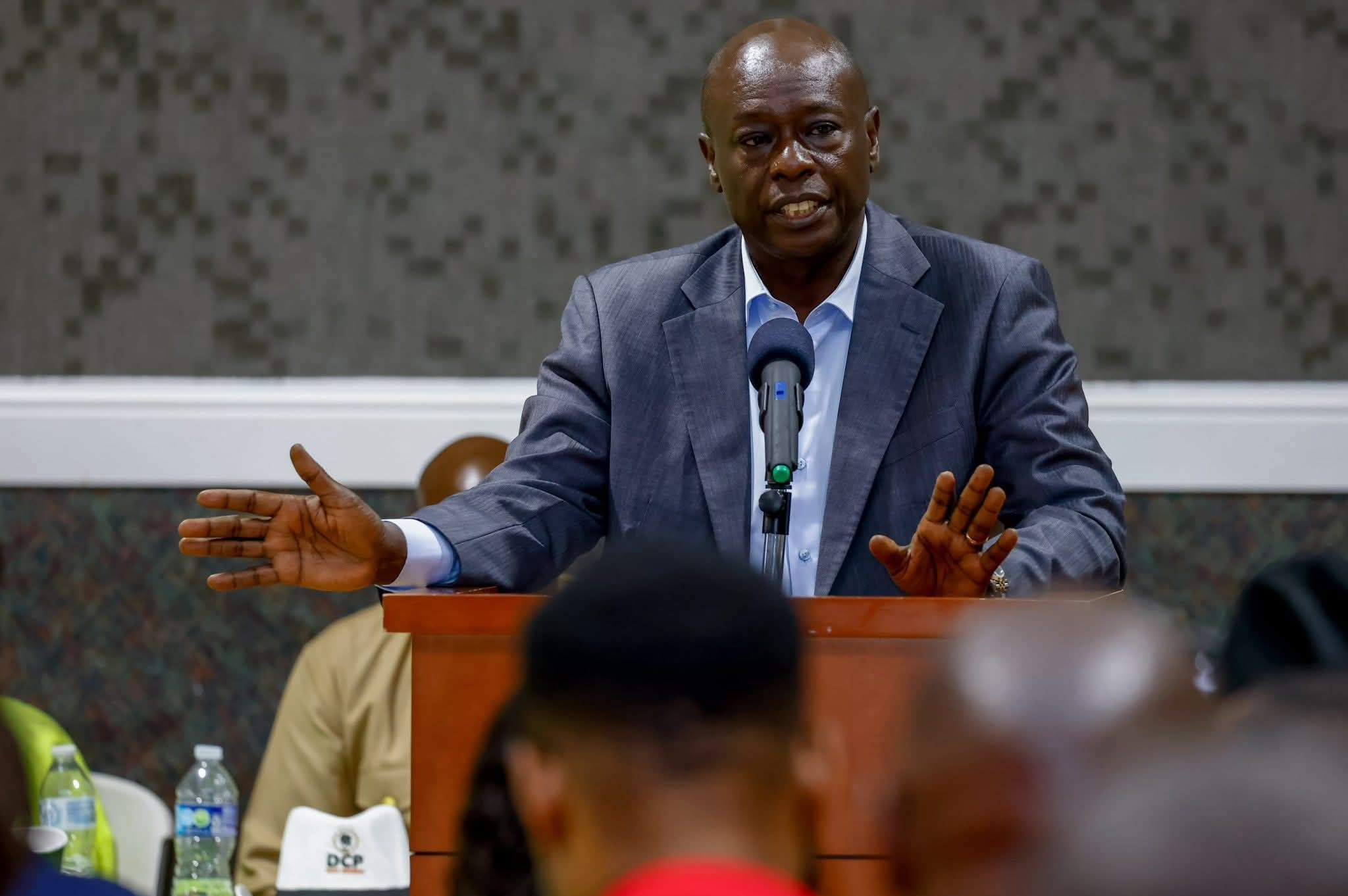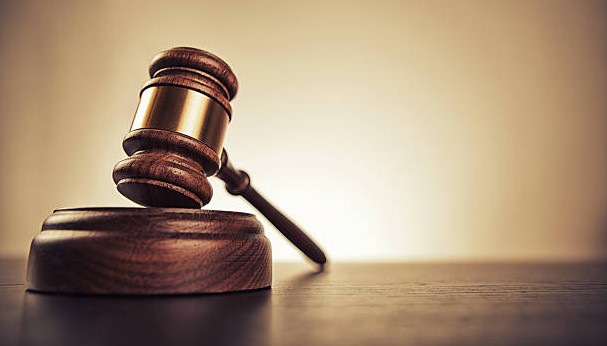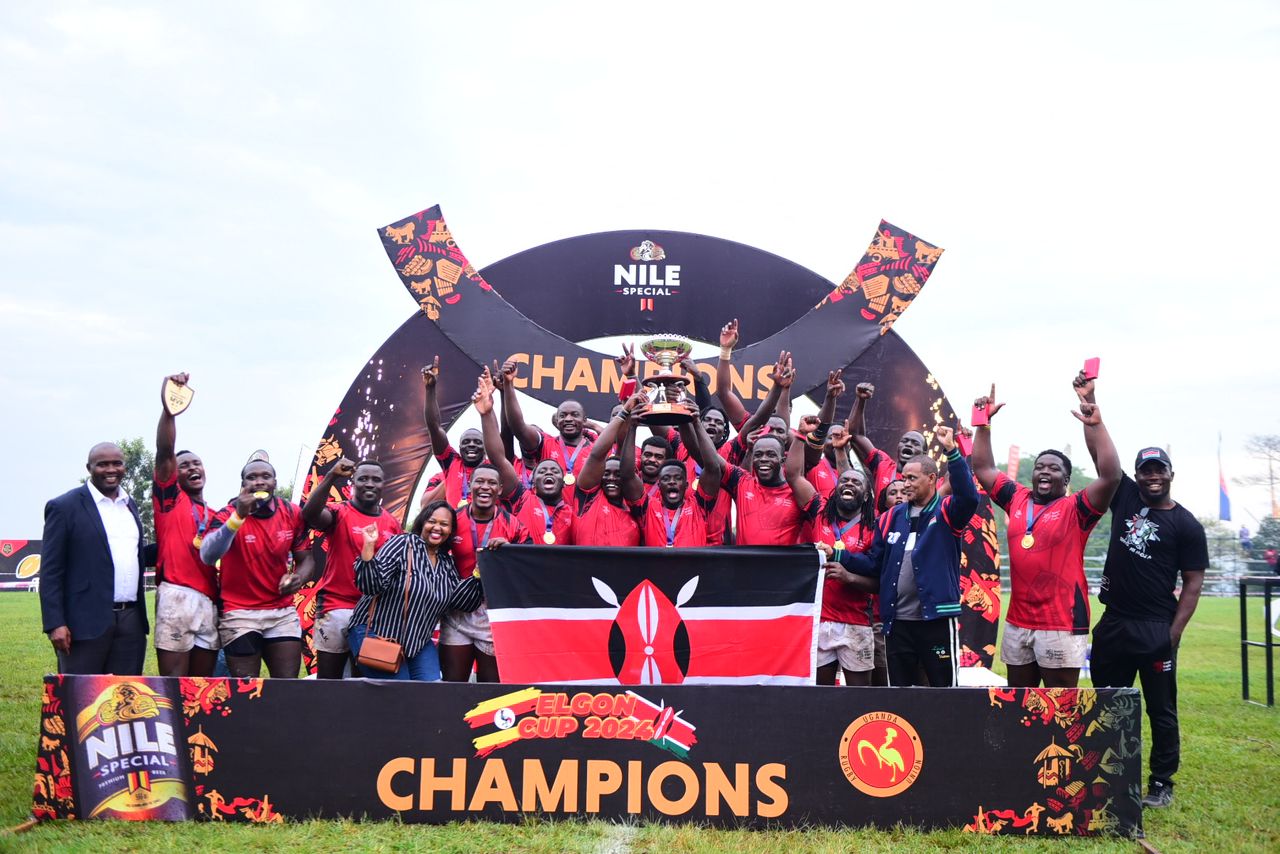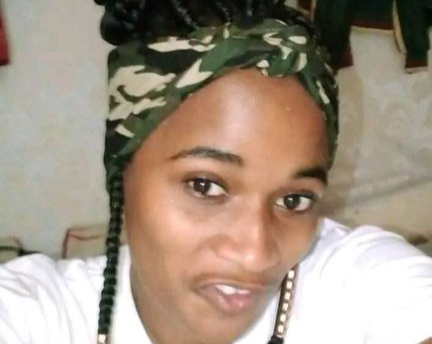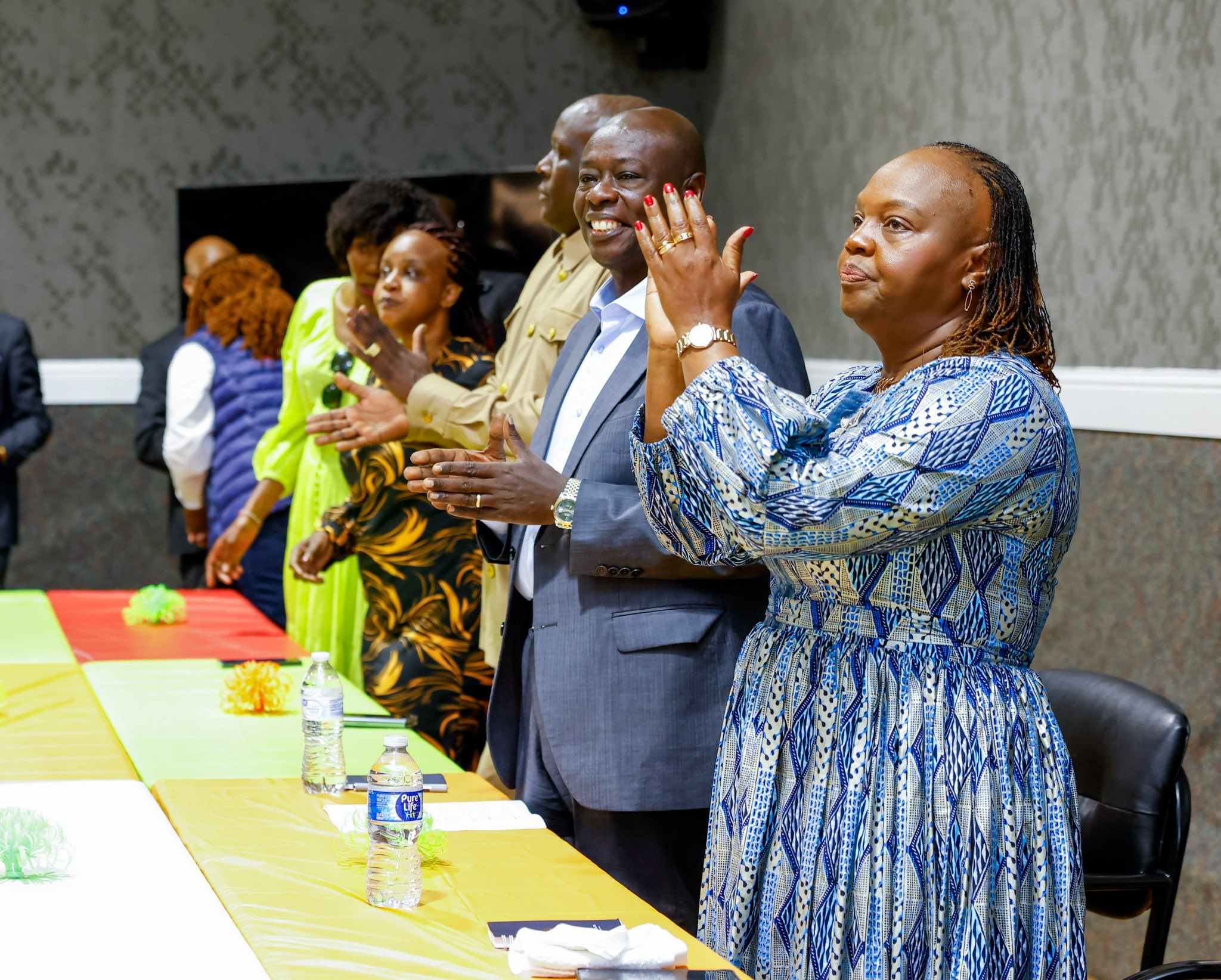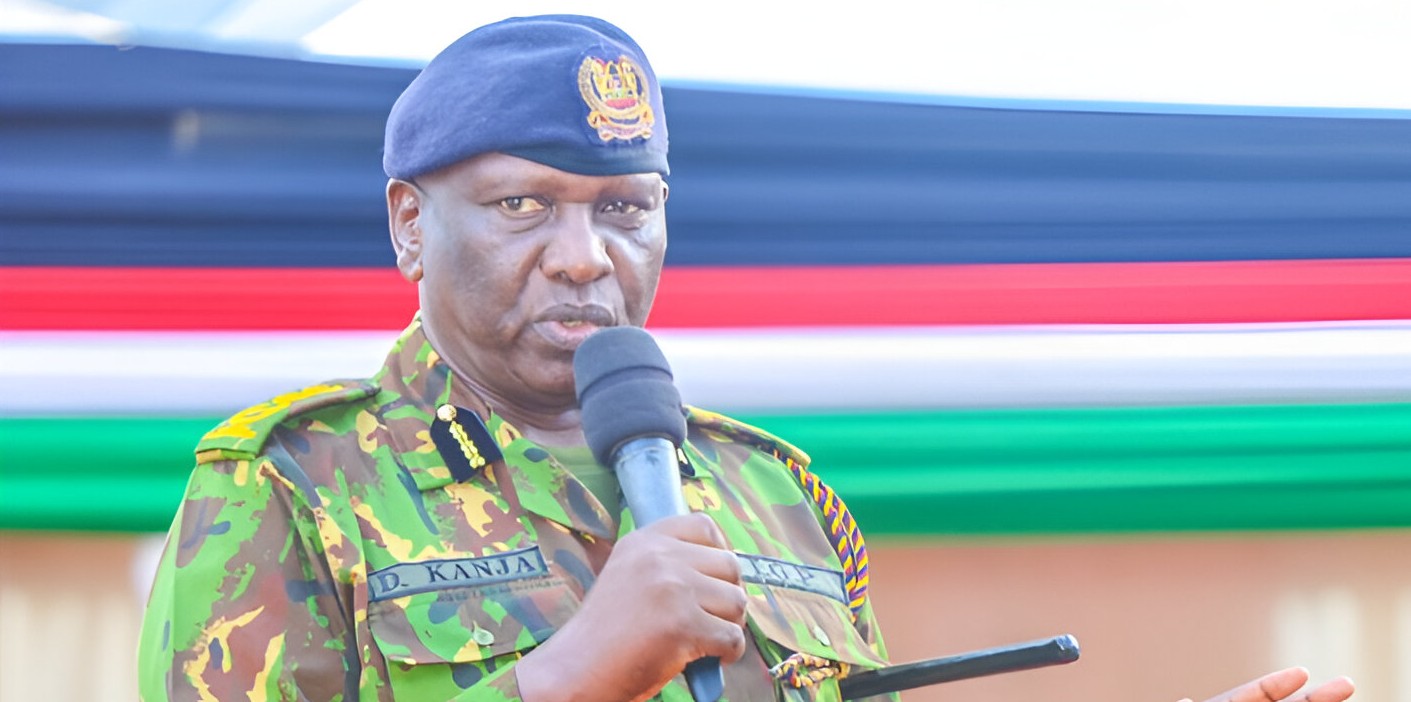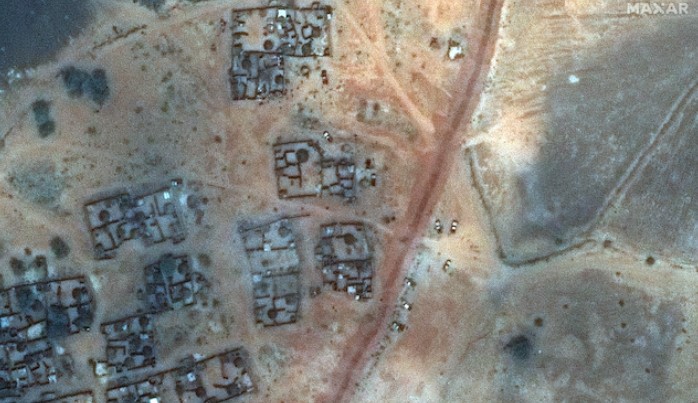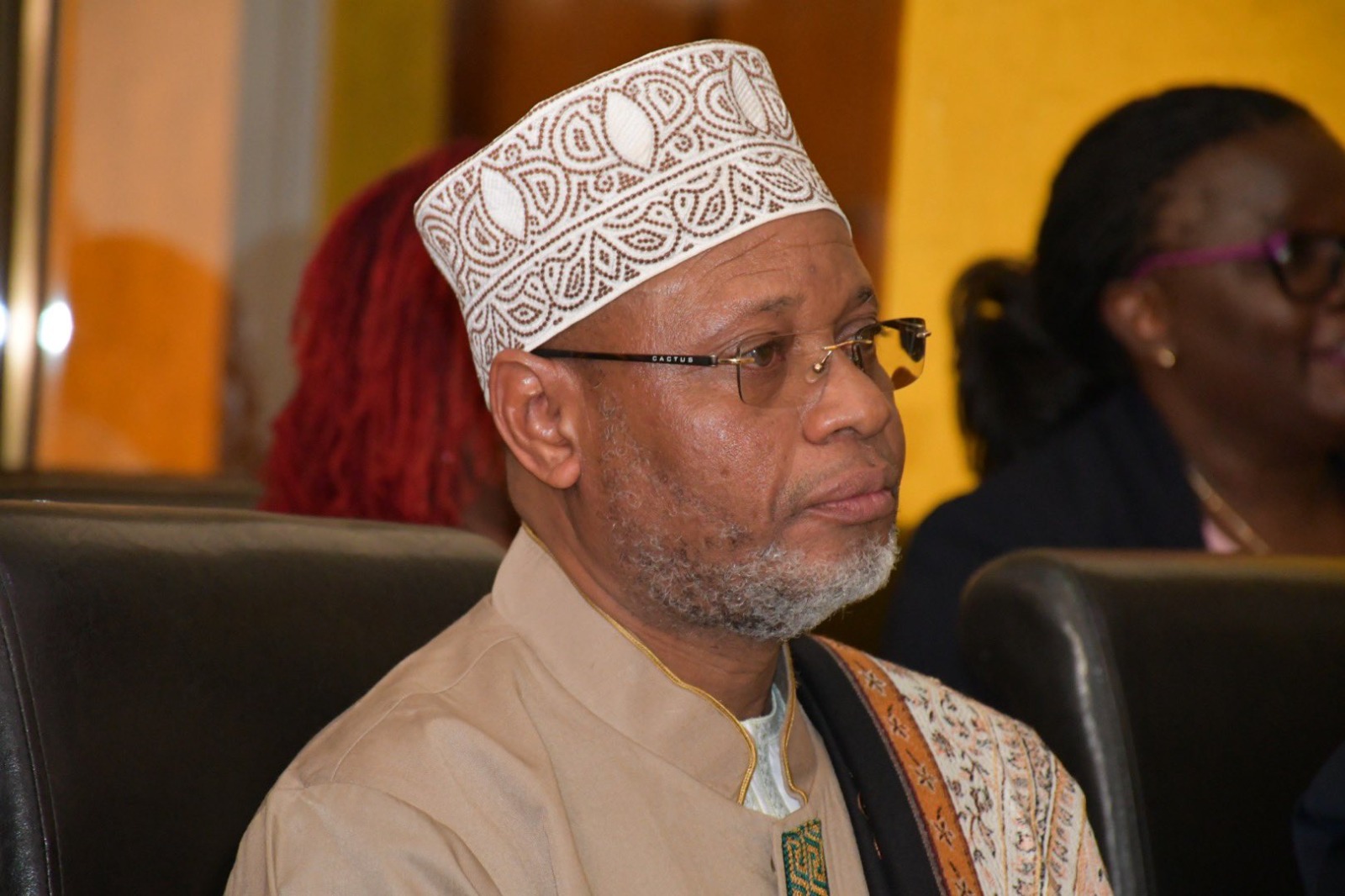EACC granted full access to eGP system in effort to curb corruption

EACC Chief Executive Officer Abdi Mohamud said most corruption cases under the commission’s watch arise from procurement fraud. He welcomed the digital system as a game-changer in the battle against graft.
In a move aimed at strengthening the fight against corruption in public procurement, the Ethics and Anti-Corruption Commission (EACC) has been granted full access to the government’s e-Government Procurement (eGP) system. This access is expected to reduce irregularities by minimising human involvement and allowing direct oversight of procurement activities through an online platform.
Speaking at the 2025 Africa Anti-Corruption Day celebrations held at the Kenyatta International Convention Centre (KICC) on Friday, EACC Chief Executive Officer Abdi Mohamud said most corruption cases under the commission’s watch arise from procurement fraud.
More To Read
- Whistleblowers to get stronger protection, rewards under new bill
- AG Dorcas Oduor seeks to cut graft trial timelines to six months
- Judges’ body joins battle to block Magistrate Atambo’s prosecution by DPP, DCI and EACC
- Two senior NYS officials suspended over Sh2 billion fraud move to court
- Former PS Wilfred Kimalat in trouble as EACC seeks to recover public land he allegedly stole while in office
- Court extends settlement talks in Okoth Obado’s Sh505 million graft case
He welcomed the digital system as a game-changer in the battle against graft.
“From our experience, we have realised that major scandals happen because of fraudulent procurement. This online system will create a situation where there will be very little human contact as people will be dealing with systems providing all the information online,” said Abdi.
He added that the commission can now access procurement information directly without relying on intermediaries.
“The good thing is that whenever we are doing investigations, we will just get information from the system, even the Auditor General is recognised and many other oversight agencies,” he explained.
Abdi urged Parliament to fast-track the Anti-Corruption (Amendment) Bill, 2025, which would grant the commission stronger powers to verify wealth and seize unexplained assets held by public officers.
He also praised President William Ruto for returning the Conflict of Interest Bill to Parliament for review, calling it a positive move to enhance anti-corruption measures.
“We are very glad that the President, after realising that there were certain challenges with the COI Bill, returned it to Parliament. I believe that if Parliament agrees with the memo that was sent by the President, we are going to have a very good Bill that will not only address conflict of interest but also assist in identifying areas where there is need to investigate unexplained assets — because it will simplify the declaration of income, assets, and liabilities of public officers,” said Abdi.
He noted that in the past, wealth declaration forms were often ignored. “That had been a problem in the past where you had agencies and public officers given the documents, throwing them somewhere without anybody bothering to take a look,” he said.
EACC Chairperson David Oginde emphasised the importance of public involvement in exposing corruption through whistleblowing.
“Whistleblowing is key in the anti-corruption endeavours as it ensures that corruption, due to fear of reprisal, goes neither undetected nor unpunished,” he said.
Oginde highlighted a trust gap between the public and institutions, which discourages people from reporting corrupt acts. He said the fight against corruption aims to protect resources so that all citizens can enjoy basic services and fair treatment.
“We aim at protecting resources that will, in turn, ensure that every child has the opportunity to reach their full potential, that every family has access to necessities, and that every citizen is treated with fairness and respect,” said Oginde.
Former Attorney General Githu Muigai, the event’s chief guest, described corruption as a violation of human dignity that harms the most vulnerable in society. “At its core, corruption is a direct assault on human dignity. It erodes the value, rights, and worth of individuals, especially the most vulnerable in our society,” he said.
He explained that corruption extends beyond theft of money, including the loss of hope and justice.
“Corruption is not just the theft of money; it is the theft of hope, the denial of dignity, and the erosion of citizenship. It tells people that who you know matters more than what you need. It says access to justice, jobs, or medical care depends on a bribe, not a right,” Muigai added.
Nominated Senator Crystal Asigi emphasised the importance of leadership in establishing ethical standards.
“A ship is not sunk because of the water around it, but the water in it. In successful countries, leaders leading by example have been and will always be the most powerful anti-corruption tool because when the tone is set by leadership, it will encourage the rest to follow,” she said.
She cautioned against leadership that turns into dictatorship.
“If you look at a leader and say, this person is not running a nation, he is running an empire — that is usually the first sign of corruption, when leadership turns into dictatorship.”
Asigi urged citizens to take an active role in demanding accountability.
“Light is not a particle; it is a wave. Just as we pushed last year and things changed, that is the same way. We can’t sit back and think that someone over there is going to save us, so we push, and things will happen because that is the only way to fight corruption.”
Africa Anti-Corruption Day is observed every July 11 as a reminder of the continent’s commitment to ending corruption and promoting transparent governance.
Top Stories Today

